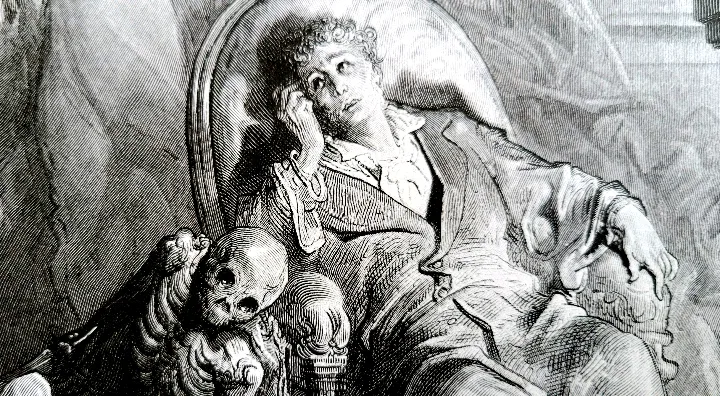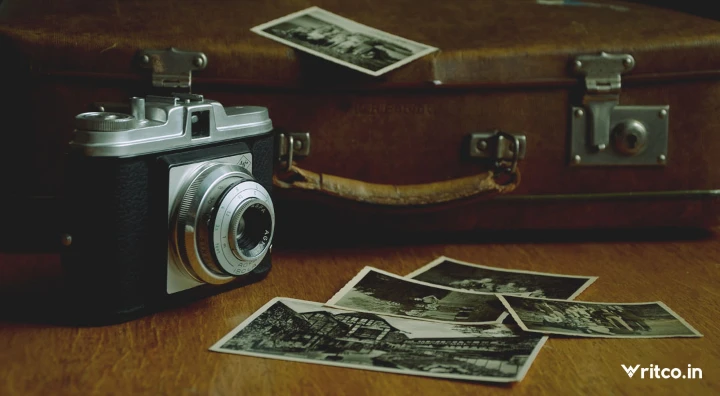
11 views
Conscience of a King - II
In which, after just articulating the exuberant but naive passion of our prince towards becoming an artist, we suffer a digression, where the narrator bitterly articulates the view of society towards outliers.
***
But such is youth who only have their dreams
(tread softly please, etcetera) which gleam
And sparkle ‘til the office of the lathe
Makes dull the edges, whittled shave by shave,
To mould utility from finer stuff,
Like forging steel from a speck of fluff.
No matter; still a finely buttressed beam
To fit within the structure and the seam
Of our societal cathedral built
To bear the weight of time and never wilt.
And nothing more erodes than happy throngs
Regurgitating manuscripts and songs
That reek of individuality
(To live with men in solidarity
Incurs a fee; a fee that must be paid
By curbing these ambitions you have made).
For what have we to offer anyway?
What say we that none else will ever say?
We’ll write a book that none shall ever read?
To bear the dust as doth the tumbleweed?
What folly! Rather: hold that girder high,
Ignore the pain of back, buttock and thigh,
And stand until your day of death is nigh.
And men of fight: consider Scipio
(The one named Africanis who laid low
The state of Carthage and cruel Hannibal)
Whose service unto Rome as general
Made of his name the hero of the age -
The greatest put Polybius to page.
But glory of his ilk drew on the beast.
So Sulla came, then Caesar, to the feast,
Who’s hollow quests to eternise their fame
Put at odds the greater good of Rome
(Although they tried their very best to please her
She thought of each a dictatorial creature).
And so our Scipio provided fuel
For those that chaffed beneath republic rule
And wished to be its ruler not its tool.
Thus anarchy was born and civil war
Raged on ‘til their republic was no more.
Alack! I preach like Cato’s elder sire
(of such digressions shall I never tire).
***
But such is youth who only have their dreams
(tread softly please, etcetera) which gleam
And sparkle ‘til the office of the lathe
Makes dull the edges, whittled shave by shave,
To mould utility from finer stuff,
Like forging steel from a speck of fluff.
No matter; still a finely buttressed beam
To fit within the structure and the seam
Of our societal cathedral built
To bear the weight of time and never wilt.
And nothing more erodes than happy throngs
Regurgitating manuscripts and songs
That reek of individuality
(To live with men in solidarity
Incurs a fee; a fee that must be paid
By curbing these ambitions you have made).
For what have we to offer anyway?
What say we that none else will ever say?
We’ll write a book that none shall ever read?
To bear the dust as doth the tumbleweed?
What folly! Rather: hold that girder high,
Ignore the pain of back, buttock and thigh,
And stand until your day of death is nigh.
And men of fight: consider Scipio
(The one named Africanis who laid low
The state of Carthage and cruel Hannibal)
Whose service unto Rome as general
Made of his name the hero of the age -
The greatest put Polybius to page.
But glory of his ilk drew on the beast.
So Sulla came, then Caesar, to the feast,
Who’s hollow quests to eternise their fame
Put at odds the greater good of Rome
(Although they tried their very best to please her
She thought of each a dictatorial creature).
And so our Scipio provided fuel
For those that chaffed beneath republic rule
And wished to be its ruler not its tool.
Thus anarchy was born and civil war
Raged on ‘til their republic was no more.
Alack! I preach like Cato’s elder sire
(of such digressions shall I never tire).
Related Stories
12 Likes
6
Comments
12 Likes
6
Comments






















